
TOURISM
29-10-2022 di redazione

Smart Working in Watamu, why not?
It would be a great way to attract a new type of residential tourism (because we are still talking about tourists, in practice) that could prove to be an important resource in the future.
In the last few months when in Europe, thanks mainly to the vaccination campaign, many people have begun to see the first glimmers of the famous light at the end of the tunnel of imprisonment, many new doubts are now appearing in the summer sunlight.
How will certain jobs evolve?
How will the market react to a slow and limping recovery?
How many companies that have not already done so will close down their offices and branches in order to cut costs and avoid having to lay people off, and will offer their employees work from home? Currently, taking advantage of the warm months in Europe, there are already 'digital nomads' in Greece and Spain and some, such as the island of Madeira, have already created real communities. In the meantime, appropriate tax regimes are also being studied.
From our pulpit in the form of an information office under a palm tree by the Indian Ocean, we constantly receive messages from compatriots who would like to move to Kenya next autumn and continue working "remotely", reducing expenses and above all improving their quality of life.
It is a phenomenon, that of Smart Working in faraway places that before the pandemic belonged mainly to dreams of holidays in the heat and dips in relaxation or adventure, which is now being taken seriously.
While Kenya, which often lags behind in taking forward-looking decisions in a global manner, awaits Europe's total opening up to tourism and a decisive "hit" on vaccinations, other desirable destinations have already moved to convince new online workers to stay in their country, offering attractive solutions.
Some Caribbean islands, such as Barbados and Bermuda, were the first to do so, offering special tourist visas, extended by up to one year, for those who could prove an ongoing relationship with companies in their homeland.
Barbados' Prime Minister Mottley, for example, launched the 'Welcome Stamp', a free 12-month tourist visa.
On the African continent, the first to think of this were two small, localised, but also elite countries such as Seychelles and Mauritius, which also had the highest income from tourism and are still licking their wounds from the pandemic lockdowns.
Not only will those who want to stay for up to two years in the islands be able to fill out an ad hoc application, but they will also be directed to find some employment accordingly, if they do not already have one. In a nutshell, the idea of the two governments is: a smart worker working from our fantastic destination, inevitably advertising it and also promoting tourism in view of the resumption of travel in a big way, which is still rather uncertain and far away.
And what is Kenya doing?
In these cases, one would say 'watch' and that would already be good news, because watching means gathering data and knowledge in order to prepare for action.
We are not sure if this is the case, but we already intend to convey our ideas to the relevant authorities.
Many Italians interested in moving to the Kenyan coast, but also to Nairobi, ask us if there are special visas or extended residence permits for those who declare to work remotely for an Italian company.
At the moment, there are no such facilities, which is a pity, because there is no doubt that "smart workers" can play an important role in boosting the local economy, which has been deprived of thousands of tourists.
First of all, looking at the "desiderata" of those requesting information, there is the demand for rented accommodation, which in most cases will translate into unavoidable services: household staff, electricity and water utilities, shopping in markets and food shops, restaurants, transport and so on.
But there is also the possibility that a facilitated stay and familiarity with a place that one learns to know and appreciate can be transformed into residence and possible investment.
In a nutshell, one thing leads to another, and today it is important for a destination to have as many means as possible to attract foreign nationals who will bring a good part of their income to that country.
As far as Kenya is concerned, the tempting prospect is to work in the heat, in environments where Nature contributes to a healthy life, with less stress and the possibility to perform better, in terms of productivity and quality of service. This concerns freelancers but also those with employment contracts.
For example, we received questions from 'coaches', i.e. teachers of various disciplines and sectors: from finance to yoga, from IT to languages. But also those who are planning to set up a virtual music recording or video post-production studio.
These are the main requirements:
Possibility of extended visas
To be recognised as "bridge" workers and not as those who steal salaries or professionalism from the local population or compete with existing markets without paying taxes.
Good internet connection.
Rents.
Security.
As far as visas are concerned, at the moment there is no alternative to the 3-month tourist visa (costing 40 euros), which can be extended for another 3 months.
Obviously, it is not possible to carry out any kind of remunerative activity on the spot, unless you activate the procedures for a work permit, with all the necessary restrictions.
As far as internet is concerned, in Kenya, as many people know, there is 4G, but connectivity is not always constant and, above all, unlimited subscriptions are very expensive, depending on the company, from 50 to 90 euros per month. For those who don't need to download heavy files or do too much streaming, monthly or quarterly packages of 15 to 30 gigs are already cheaper (10 to 20 euros per month).
As for the aspect that calls into question the prices of rented houses, don't think that Kenya is still that paradise where for 300 euros a month you can live in a cottage by the sea. Watamu could be the best place,
If there are still places where this happens, it is possible that there is not only internet, but also electricity. If you are content to live in areas far from the sea or in flats that are not exactly surrounded by nature, the costs can be reduced.
In Nairobi, on the other hand, safety is the main problem, given the lower costs. In neighbourhoods where rents are cheaper, there is often less peace and quiet and you need to be more careful, especially if you have high-tech equipment such as computers, cameras and other valuable instruments.
It is not necessary for a country like Kenya to be ready to face this new phenomenon created by modern times and accelerated by the pandemic: it is enough to want it and to organise oneself accordingly, since the effects (if well directed and controlled) can only be of help to the economy and also to tourism.
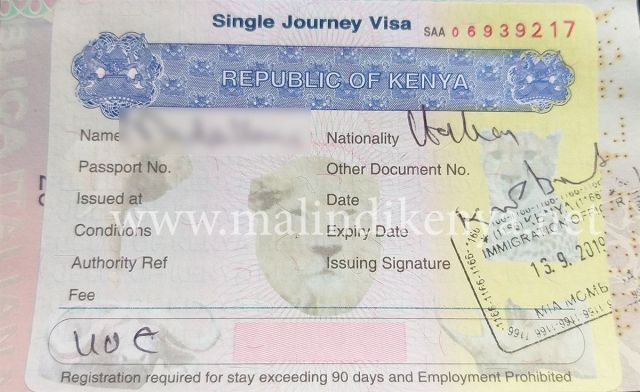
Entering Kenya as a tourist. It takes some patience, but it is not difficult, just a child of telematic times to which even African countries are adapting, for practical, security and...
di redazione

The site for electronic travel authorisation to enter Kenya, ETA Kenya, which will replace the online...
NEWS
di redazione
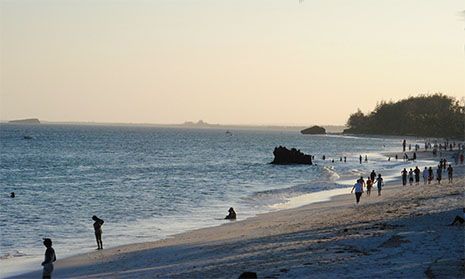
A research conducted by BMI Pubblication, an agency dealing with a variety of magazines, magazines and online travel and tourism websites, has conducted a search for new marketing for the Kenyan coast and has recently shared with Diani the results...
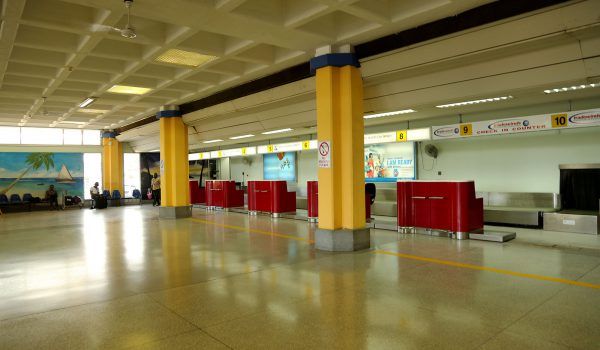
The renewal of the DPCM by Prime Minister Draghi last March did not change anything in fact regarding travel beyond Europe, i.e. the so-called 'Schengen area'. Thus, travel for tourism remains officially prohibited
TOURISM
di redazione
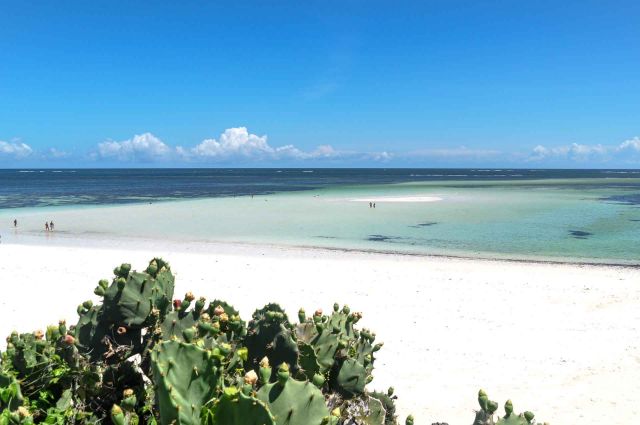
By now the title that has long been conferred on him, that of "Indian Ocean Pearl" does not take him any more.
This August is pretty much the Watamu season of consecration.
Despite a not perfect time (but for the...
TO ENTER IN KENYA
di redazione
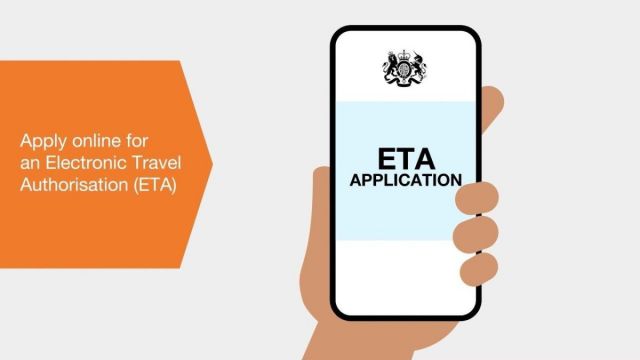
The eTA (Electronic Travel Authorisation) as we have repeatedly written, as of 1 January 2024 is the only way to travel to Kenya and be boarded on...
NATURE
di redazione
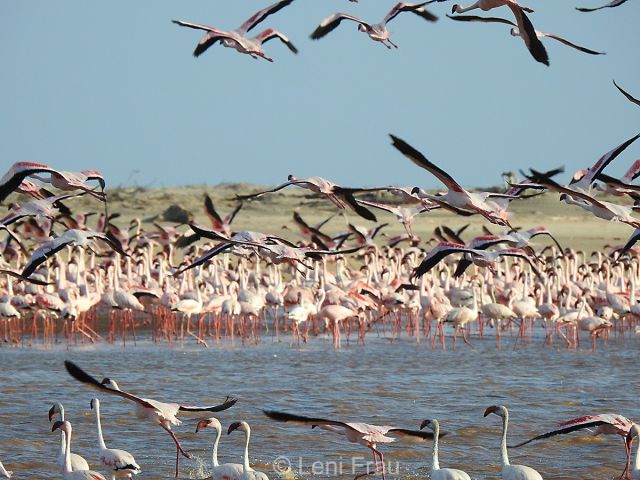
It is one of the most precious assets of Malindi, Watamu and the entire Kenyan coast, and certainly one of the most undervalued because of its ecosystem and its potential for nature conservation.
PLACES
di Freddie del Curatolo

Kenya is often defined as playing on opposites:"joy and pain","misery and nobility","cross and delight","hell and paradise".
The secret of our splendid Watamu is that, while not escaping from this ineluctable rule of Africa, he takes the best from these contradictory...
DREAMING KENYA
di redazione
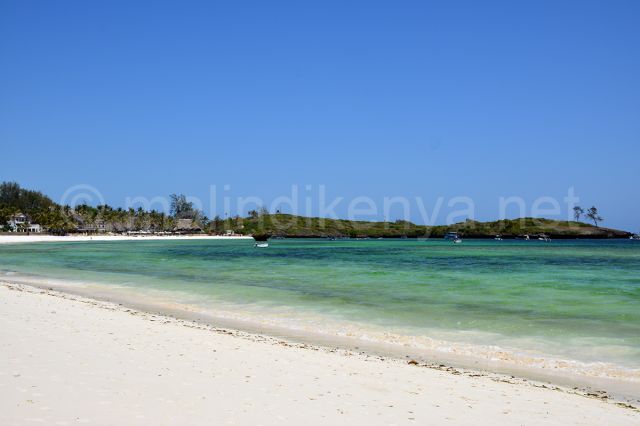
Ma tu ci vivresti, a Watamu?
Ci hai trascorso...